Rotating proxy is a proxy server that automatically rotates your request across a large pool of IP proxies every time you connect to it. This method eliminates the requirement for you to design and manage your own agent rotation infrastructure. You can instead send your request to a proxy server, which will utilize a different proxy for each request. Make certain that you are not repeatedly using the same proxy to make requests to the target website.
A rotation proxy is a proxy server that automatically rotates your request across a large pool of IP proxies every time you connect to it.
This method eliminates the requirement for you to design and manage your own agent rotation infrastructure. You can instead send your request to a proxy server, which will utilize a different proxy for each request. Make certain that you are not repeatedly using the same proxy to make requests to the target website.
It is easier to imitate several different users connecting to an online service or website by employing this rotating proxy, rather than multiple requests from a single user. Allows you to avoid very sophisticated anti-bot systems while still obtaining the successful response required to capture target data. Even if one IP is restricted, your next connection request will most likely be successful because it will be on a new IP.
The rotating proxy technique can be used with dedicated/datacenter proxies as well as private proxies. Although the latter is more successful, employing a rotating proxy in conjunction with any proxy will dramatically boost your success rate when using web scraping or other similar tools.
Why Use a Rotating Proxy When Web Scraping?
A simple proxy pool may suffice in some instances. However, there are several reasons why you should utilize a rotating proxy for web scraping:
Send your requests to thousands of IP addresses.
The main benefit of employing a rotating proxy solution over buying a single proxy is that you can simply split requests across hundreds, if not millions, of proxies, allowing you to surf your website at scale.
Your rotating proxy provider will often supply you with a single proxy port or API endpoint to which you can send all of your requests, and the proxy manager will then handle routing your requests to its proxy pool. As a result, you don’t need to worry about creating and configuring agent rotation logic.
Getting around anti-bot defenses
Today, websites use a variety of anti-bot and CDN technologies to prevent crawlers from accessing their public information, making it more difficult for them to collect the data they require.
In this instance, a rotating proxy solution like Smartproxy is particularly valuable because it not only manages proxy rotation but also header selection/rotation and has out-of-the-box custom anti-bot bypass features, allowing you to retrieve the data you need without the danger of it being stolen.
Connect to numerous sites at the same time
Some rotating proxy providers let you divide your proxy connection into numerous threads. Each thread can be given an IP address from a different region or region. This enables you to obtain location-based material from different sources at the same time.
You can connect to online businesses in different nations, for example, if you utilize a shoe customization agency service. For example, you can browse both US and EU sneaker results to increase your chances of finding the best offer. Rotating proxies can constantly switch addresses for each thread, lowering the possibility of dropped requests due to anti-bot or scraping solutions.
Request for throttling
Large websites, such as Google or Amazon, have installed their proprietary anti-bot countermeasures, effectively limiting the number of requests that can be sent to their website from any IP address in a given time before showing the CAPTCHA screen.
Because visiting the website at scale is difficult without access to a pool of hundreds of millions of proxies, a rotating proxy solution is required in this instance.
Rotating agents increases your chances of obtaining the most full and accurate data collection from your web scraping efforts. You can avoid detection by assigning a different IP address to each request. When you combine this with the ability to connect threads geographically, you get data tailored to each region.
What exactly is a Rotating Proxy in a data center?
A rotating datacenter proxy is a proxy server that utilizes a different datacenter proxy for each request automatically. When you use a datacenter proxy to access a website, the proxy server assigns you a datacenter-based IP address from its proxy pool. Datacenter IP addresses are not assigned to an ISP, but rather to the organization/entity that owns the datacenter/proxy pool.


This IP address cannot be used to identify you as an individual, but it can be used to identify the company/legal entity that owns the data center in question. This means that it operates as a barrier between you and other network services or endpoints. The problem with this strategy is that actors serious about banning proxies can identify the owner of an IP address to determine whether it comes from a datacenter proxy pool.
You can then blacklist IP addresses from these sources completely. While rotating proxies in datacenters can make more of your requests exposed to countermeasures, it is far from a failsafe and can be completely banned on some websites.
A typical consumer VPN is an example of a datacenter proxy service. They are especially useful for getting around geo-blocked content or if your IP address is banned.
What exactly is a Residential Rotating Proxy?
To comprehend residential proxies, we must first define a residential IP address. Every device connected to the Internet has its own IP address. It specifies the ISP that assigned it as well as the device’s geographic location.
A private IP address is assigned to a specific device and is associated with a specific home address. As a result, a private IP address is a confirmed IP address associated with a genuine person and a real device. Private IP addresses are still owned and assigned by the ISP but with a higher level of verification than datacenter IP addresses. As a result, their confidence in online services or websites grows dramatically.
Otherwise, a private agent functions similarly. When you utilize one of these, you connect to the Internet via an intermediate server, which allocates a new IP address to your connection. Third parties believe the IP address is fully legitimate and is associated with a real person in the actual world.
Furthermore, rotating residential proxies make use of a wide number of residential IP addresses. Every time you connect or periodically, you are allocated a new private IP address.
As one might think, these are more difficult to obtain than normal datacenter IPs. As a result, home IP plans are significantly more expensive than datacenter proxies. However, they are more accurate and can better imitate real-world behavior. It is quite difficult to distinguish between a single actor utilizing a rotating consumer agent and numerous players connected to the server at the same time.
Is it worthwhile to use rotating proxies?
It appears to be quite expensive, whether you employ a less expensive data center spinning proxy or a more expensive residential spinning proxy.
However, it is nearly irreplaceable if you are employing a proxy for important or ambitious undertakings. On the one hand, if you run a web scraper or other sort of bot, you will be banned for a single IP address before completing a large number of queries.
When you do an online search, you frequently make thousands, if not millions, of requests in a short amount of time. Because a few hundred requests, or even less, are already exceptional, you may be reported before you reach your objective. Residential rotating proxies are highly expensive, but they are well worth it, especially if the site employs rigorous anti-bot measures. A rising number of internet businesses are cracking down on visitors by circumventing geo-blocking and anti-bot measures by employing ordinary VPNs or data center proxies.
Some or all of the IPs specified in the pool may be known to the anti-botting solution, reducing the efficiency of your scraping tool.
Using free proxy services is not advised because they have a history of exploiting or even selling user data, such as financial information and website logins.
Is using a rotating proxy legal?
Yes, it is absolutely legal in most countries to use a proxy to request HTML and data from a website. There is no law that prohibits a person from owning or utilizing a proxy service to make requests to a website that uses an IP address different than his or her own.
However, in some countries where internet restriction is the norm, using a proxy to access a website that is restricted in your country may be illegal under your country’s laws. In this instance, your government may forbid you from using proxies or accessing specified websites.
Is it risky to use a proxy for web scraping?
Using a proxy is not inherently risky. The risk comes from the proxy you utilize.
I’m Amine, a 34-year-old mobile enthusiast with a passion for simplifying the world of proxy providers through unbiased reviews and user-friendly guides. My tech journey, spanning from dial-up internet to today’s lightning-fast mobile networks, fuels my dedication to demystifying the proxy world. Whether you prioritize privacy, seek marketing advantages, or are simply curious, my blog is your trusted source.

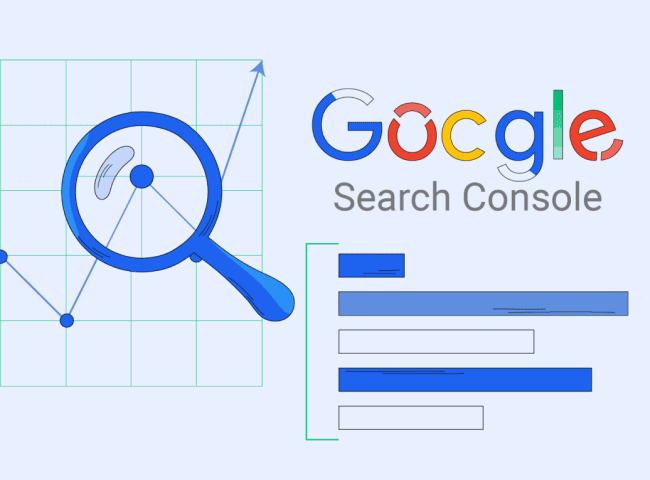
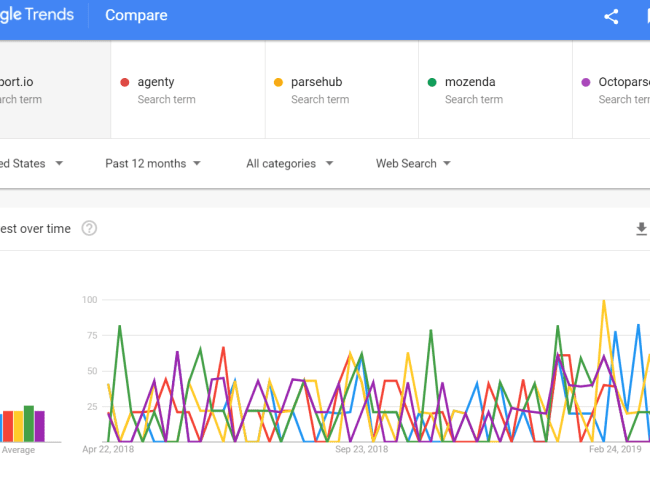
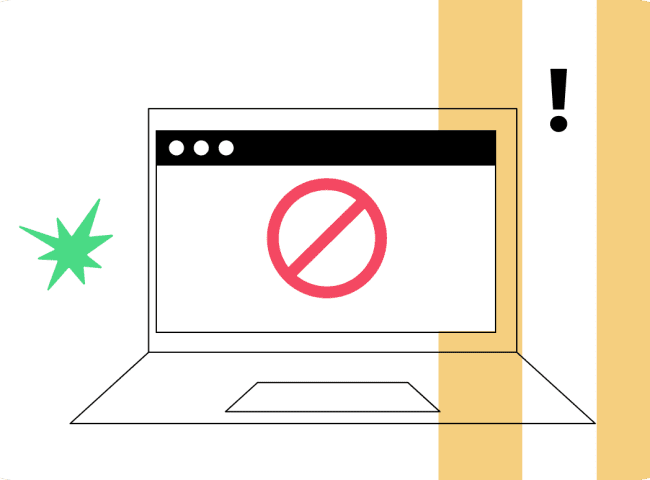
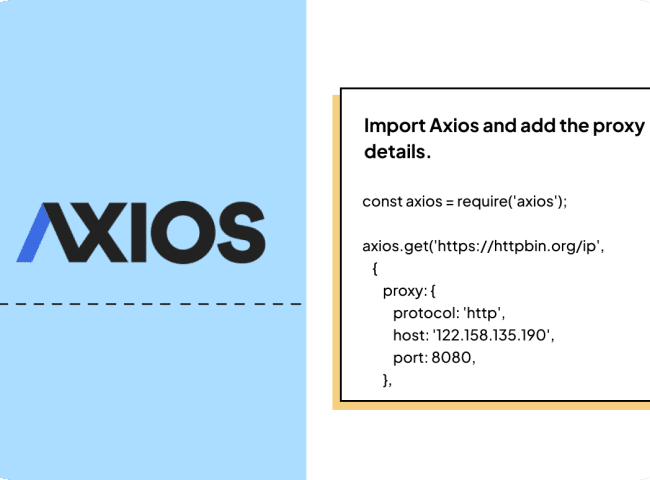
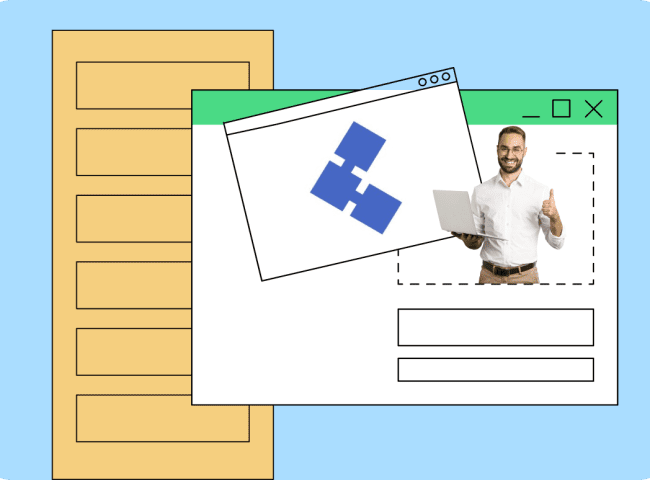
Leave feedback about this